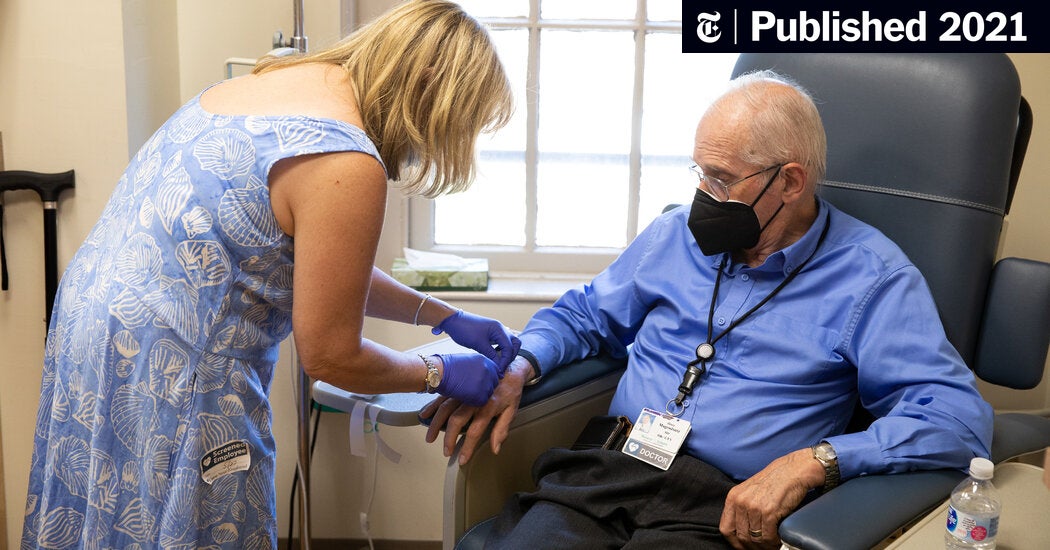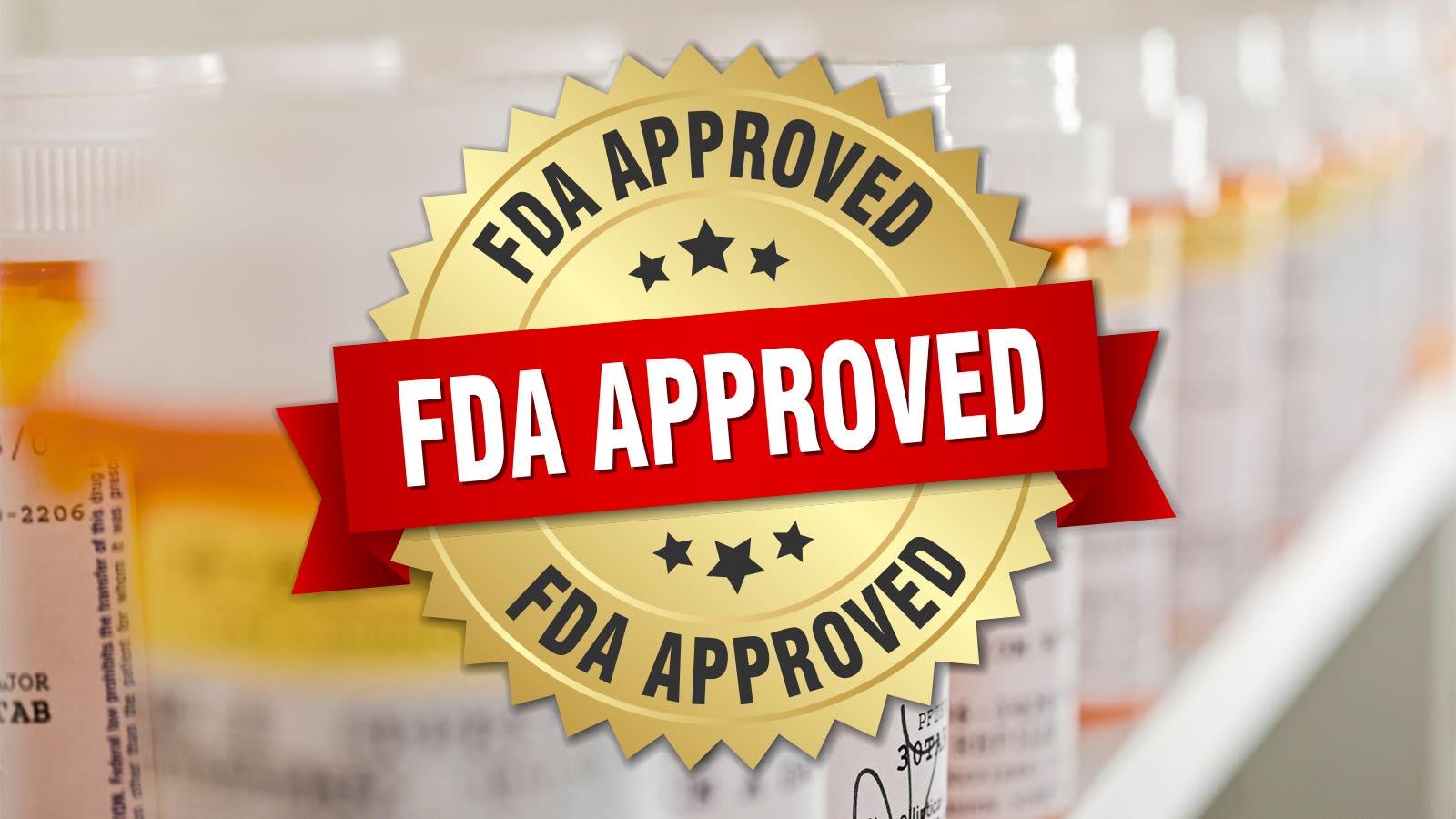- Joined
- Apr 16, 2020
- Messages
- 177
- Reaction score
- 132
Was just curious what Neurologists thoughts are about this approval. I'm not sure how many Neurologists in academics have a lot of AD patients or actively treat it; especially those who are subspecialists.
I know that in private practice, general Neurologists probably are managing a good number of AD patients; I'm just wondering how this will impact your treatment for this patients, since there tends to be a lot of controversy around it.
Are you planning on incorporating this into treatment for AD patients right away?
I know that in private practice, general Neurologists probably are managing a good number of AD patients; I'm just wondering how this will impact your treatment for this patients, since there tends to be a lot of controversy around it.
Are you planning on incorporating this into treatment for AD patients right away?



